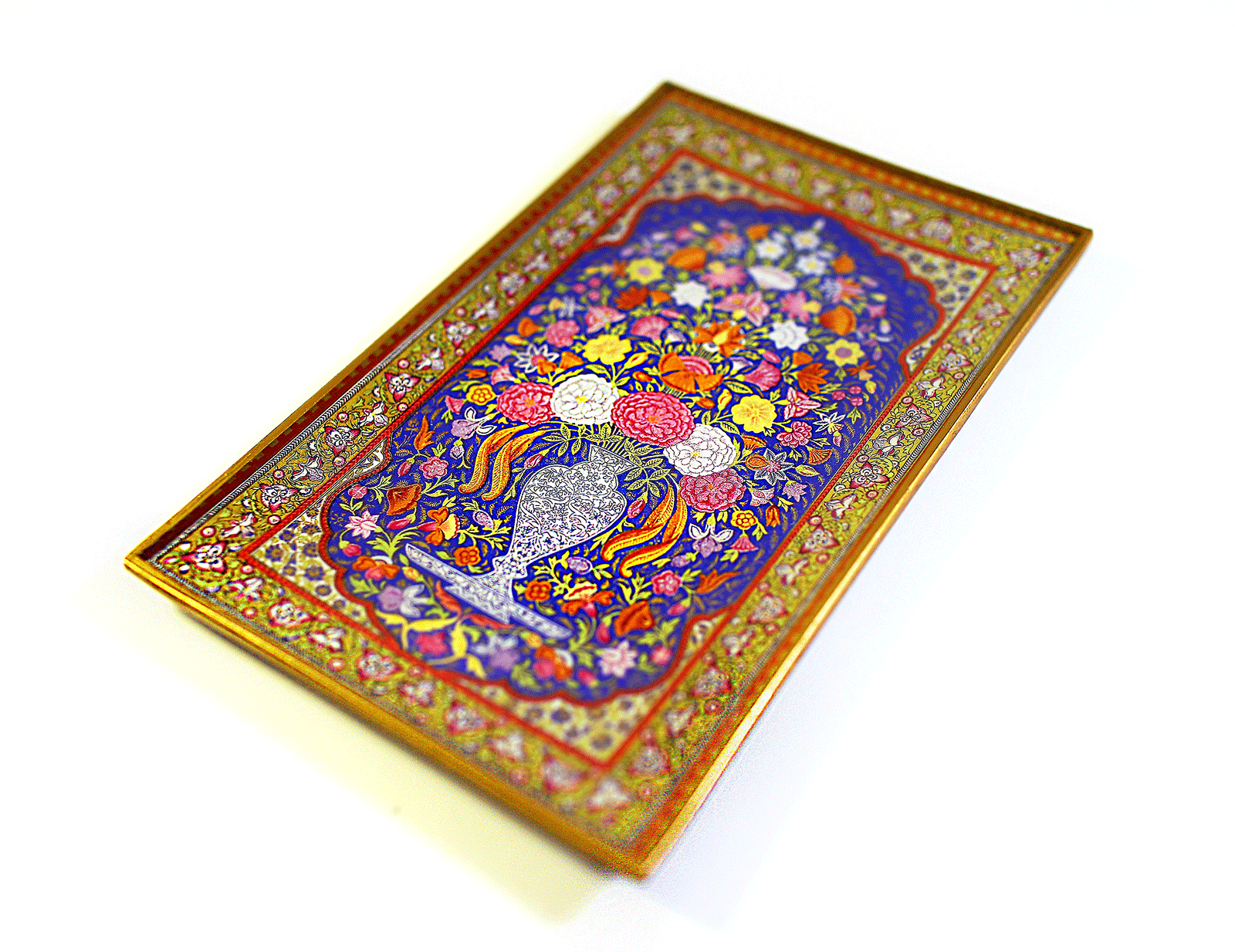Why Girls Go Astray
Owner & Designer:
Ms. Andy Lowry
I have been producing a variety of decorative home goods under the moniker of Why Girls Go Astray for over twenty years. In 2008 I decided to concentate on a single craft: the practice of 18th- and 19th-century decoupage.
My interest in decoupage extends back to a childhood fascination with collage and assemblage art techniques. The Dada and Fluxus art movements made an indelible impression upon me, particularly the multiples produced by those artists.
I specialize in "decoupage under glass,”—a variation of the ”Potichomania“ process (“potiche” meaning oriental vase and “manie” referring to mania). This technique began in mid-19th century England, and refers to the 1860s fad of decorating clear glass vases with cut-out prints. I take great pride in carefully replicating centuries-old traditional techniques and skills in our products.
I strive to create products that strike a balance between usefulness and aesthetic beauty. Central to the Why Girls‘ mission is my long-time love for taking a decorative craft and updating it to appeal to a broader audience.
Side-note: The name of my company is derived from a specific primary source I came across while doing research. The article I was read posited the hypothesis that if “girls were allowed to access education, they would surely go astray." The irony that I was reading this while pursing my PhD was not lost on me, and I thought: “Oh, I'm going to take this sexist statement, flip the meaning, and use it for the name of my feminist business.” So I did.
FEATURED IN
SACRAMENTO MAGAZINE

FEATURED IN
SACRAMENTO MAGAZINE

Although the word “decoupage” is French, the art form originated in Italy. The craze for Chinese and Japanese screens, boxes, fans, trinkets, vases, et al. was so universal that importers could not possibly meet demand. Decorated lacquered items became a status symbol. Venetian decorators of the 18th century evolved the idea of
getting the effect of painted lacquer-ware by using cut engravings, which
were affixed to painted glass or glass, and then shellacked, creating a
high gloss surface. The popularity of decoupage popularity soon
spread to France and throughout Europe, and the decorating trend
eventually made its way to the United States in the 1900s.
Need a custom glass tray?
Why Girls regularly works with clients to produce custom trays.
Email andy@whygirlsgoastray.com for specs.



California Historical Society
Doug Fawley Photography

Andy Segwick & Co

Seasame + Lilies
